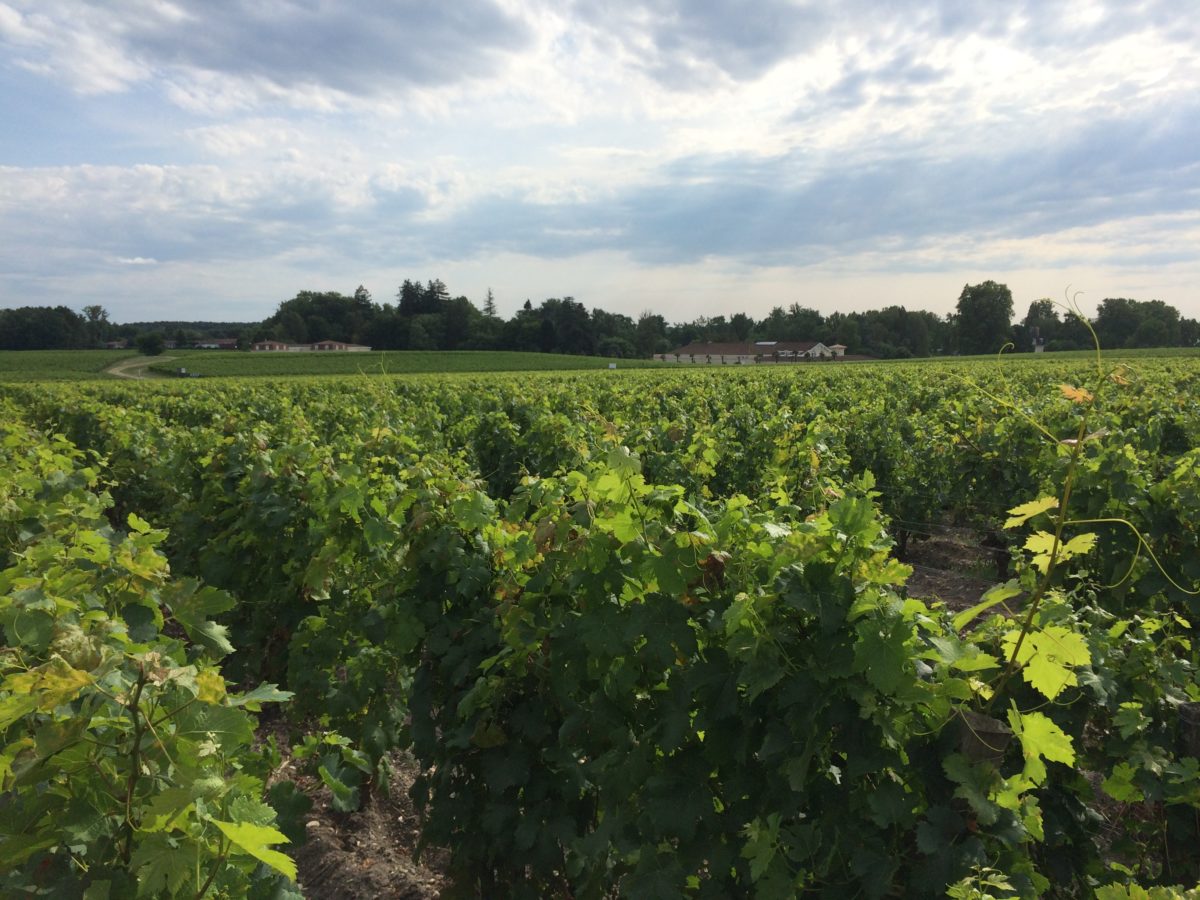The Government is investing in a seven-year programme led by Bragato Research Institute to help future-proof the sustainability of New Zealand’s Sauvignon Blanc grapevines, Agriculture Minister Damien O’Connor announced today.
Sauvignon Blanc comprises 87 per cent of the country’s wine exports.
“This new $18.7 million grapevine improvement programme will introduce genetic diversity into our vines, and ensure they continue to thrive in New Zealand conditions,” Damien O’Connor said.
“Anticipated climate change impacts require action now to ensure New Zealand continues to be considered the world’s Sauvignon Blanc capital.
“New Zealand’s Sauvignon Blanc vines are based on one clone, which presents some risk. Developing improved, commercially-available variants of this grape variety will also act as an industry insurance policy against future risks from pests, disease and changing markets.”
The Government is investing $7.48 million through the Ministry for Primary Industries’ Sustainable Food and Fibre Futures fund to the programme.
The Bragato Research Institute, together with industry organisation New Zealand Winegrowers, more than 20 wine companies and the NZ Viticulture Nursery Association are contributing a further $11.22 million in cash and in-kind support to the programme.
“Many of our existing vines will need to be replaced in 10 to 15 years in order to avoid a loss in productivity,” Damien O’Connor said.
“The new variants could also lead to new flavour and aroma profiles, resulting in exciting new styles of wine that will add further value to the sector.”
Damien O’Connor said this programme fits well with the Government’s Fit For A Better World roadmap.
“Fit for a Better World is a joint primary sector commitment to improving productivity, sustainability and jobs as part of our COVID-19 recovery.
“The wine industry estimates this programme will prevent losses of up to $540 million per annum by 2046, as well as delivering environmental benefits such as reducing the use of agrochemicals, water, and fossil fuels.
“We have just toasted with the UK a new free trade agreement, and wine is our largest export to them. This initiative will keep us capitalising on tariff free exports to this valuable market,” Damien O’Connor said.
Source: Minister of Agriculture












